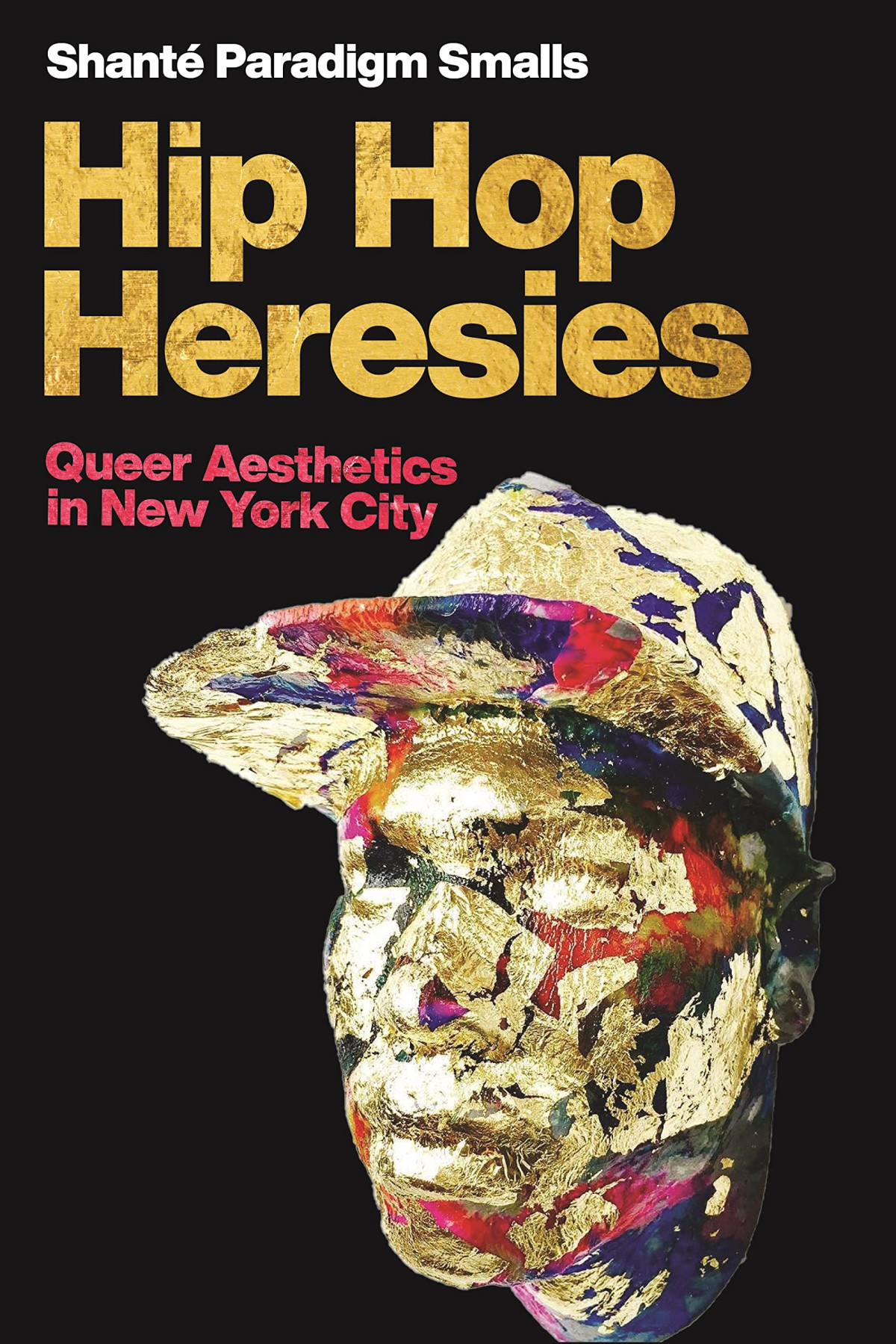

Most ebook files are in PDF format, so you can easily read them using various software such as Foxit Reader or directly on the Google Chrome browser.
Some ebook files are released by publishers in other formats such as .awz, .mobi, .epub, .fb2, etc. You may need to install specific software to read these formats on mobile/PC, such as Calibre.
Please read the tutorial at this link: https://ebookbell.com/faq
We offer FREE conversion to the popular formats you request; however, this may take some time. Therefore, right after payment, please email us, and we will try to provide the service as quickly as possible.
For some exceptional file formats or broken links (if any), please refrain from opening any disputes. Instead, email us first, and we will try to assist within a maximum of 6 hours.
EbookBell Team

4.4
32 reviewsWinner : 2022-2023 New York City Book Awards!
Unearths the queer aesthetic origins of NYC hip hop
Hip Hop Heresies centers New York City as a space where vibrant queer, Black, and hip hop worlds collide and bond in dance clubs, schools, roller rinks, basketball courts, subways, and movie houses. Using this cultural nexus as the stage, Shanté Paradigm Smalls attends to the ways that hip hop cultural production in New York City from the 1970s through the early twenty-first century produced film, visual art, and music that offer queer articulations of race, gender, and sexuality.
To illustrate New York City as a place of experimental aesthetic collaboration, Smalls brings four cultural moments to the forefront: the life and work of the gay Chinese American visual and graffiti artist Martin Wong, who brokered the relationship between New York City graffiti artists and gallery and museum spaces; the Brooklyn-based rapper-singer-writer-producer Jean Grae, one of the most prolific and underrated emcees of the last two decades; the iconic 1980s film The Last Dragon, which exemplifies the experimental and queer Black masculinity possible in early formal hip hop culture; and finally queer- and trans-identified hip hop artists and groups like BQE, Deepdickollective, and Hanifah Walidah, and the documentary Pick Up the Mic.
Hip Hop Heresies transforms the landscape of hip hop scholarship, Black studies, and queer studies by bringing together these fields through the hermeneutic of aesthetics. Providing a guidepost for future scholarship on queer, trans, and feminist hip hop studies, Hip Hop Heresies takes seriously the work that New York City hip hop cultural production has done and will do, and advocates a form of hip hop that eschews authenticity in favor of performativity, bricolage, and pastiche.